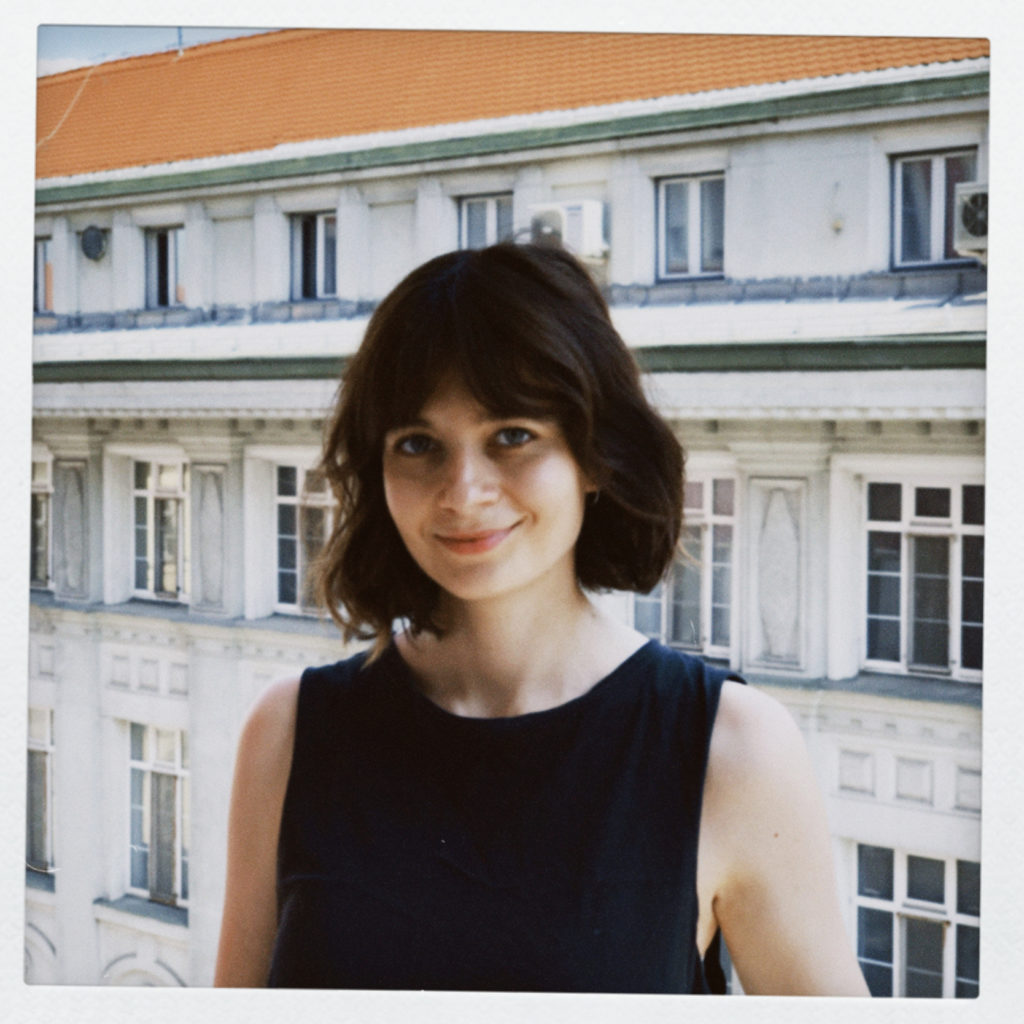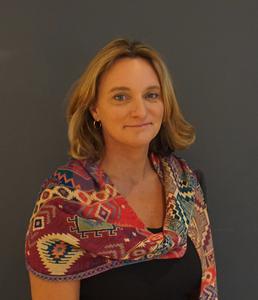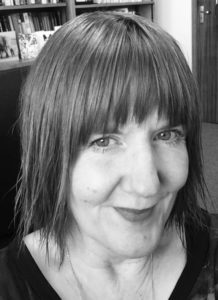On this page, scholars from across a range of disciplines give us a brief insight into the intersection between their work and the study of cultural identity and memory.
If you would like to contribute to our Spotlight on Research series, please email us at [email protected].
20 October 2022. Lucy Szemetová, Department of Film Studies.
 Tell us about your research and how it connects to memory/identity studies?
Tell us about your research and how it connects to memory/identity studies?
Lucy: My research interrogates the relationship between memory politics and audio-visual archives, with a particular focus on the reuse of archival footage in documentary films in Hungary. I am particularly interested in the dialogues between historical preservation and appropriation in filmmaking across different political contexts and the ways in which they establish and/or challenge cultural memory on the screen.
What are you working on now?
Lucy: At the moment I am working on the first chapter of my thesis that traces the origins of the particular filmmaking practice of reusing archival footage in Hungarian documentary films. Working with a variety of historical footage (newsreel, war reportage, home movies) originated in the Béla Balázs Studio, a semi-independent film studio that laid the foundations for reworking pre-existing materials and revolutionised Hungarian audio-visual heritage starting from the 1960s. I have just came back from my archival research fieldtrip and looking forward to delving into how these filmmakers engaged with the past and memory in a future-focused socialist state.
***
24 February 2022. Dr Karen Brown, School of Art History.

Tell us about your research and how it connects to memory/identity studies?
Karen: I specialise in the social role of museums, with particular focus on community museums and ecomuseums in Europe, Latin America and the Caribbean. My research involves extensive collaboration with diverse museum communities, mainly in remote island locations, seeking to address issues such as social diversity, climate change and well-being. My approach is situated between museology, sustainable development and memory studies—especially when the community museums are located in indigenous territories. From 2016-2021 I led a Horizon 2020 consortium project with 8 international partners called EU-LAC Museums that resulted in a new ICOM Resolution on ‘Museums, Community and Sustainability’ (2019), and a European Heritage/Europa Nostra Ilucidare Special Prize for Heritage-Led International Relations (2021).
What are you working on now?
Karen: I am currently working on several projects, including: community heritage and Scottish islands (funded by the RSE); decolonising the curriculum in museum and heritage studies (with Museum and Gallery Studies, CIMS and The University of the West Indies); the El Niño Phenomenon in northern Peru (with colleagues in Geography and Sustainable Development); collaboration with the National Museum of Costa Rica and network of community museums. I have recently been awarded a Leverhulme Major Research Fellowship (2022-25) to consolidate this research into a monograph.
***
13 October 2021. Prof. Nicki Hitchcott, School of Modern Languages.

Tell us about your research and how it connects to memory/identity studies?
Nicki: My current research has three strands, all of them focused on Memory Studies and Rwanda: First, I am interested in creative responses to the 1994 Genocide against the Tutsi, looking at how the genocide is remembered through novels and films. Some of this research is published in my 2015 book, Rwanda Genocide Stories: Fiction After 1994. In a more recent essay, published in Memory Studies, I discuss the usefulness of Alison Landsberg’s theory of prosthetic memory for analysing memory narratives from or about Rwanda. Through my analysis of Terry George’s 2004 Hollywood film, ‘Hotel Rwanda’ and the competing versions of that story told by genocide survivors, I suggest that prosthetic memory is a concept that should be treated with caution.
Second, I am interested in how those who are traumatised by the genocide against the Tutsi use narrative to reconstruct their lives in positive ways. This question was the starting point for my AHRC-funded project, Rwandan Stories of Change, which led to my being shortlisted for the AHRC/Wellcome medal for Health Humanities in the category of best international research in 2018.
What are you working on now?
Nicki: Finally, the subject of my most recent research is the different ways in which Belgium’s 40-year-long colonial mandate in what was known as Ruanda-Burundi is remembered through fiction. Using novels as an alternative historical archive, I am comparing fictional memory narratives from the three former colonial spaces (Belgium, Burundi and Rwanda).
